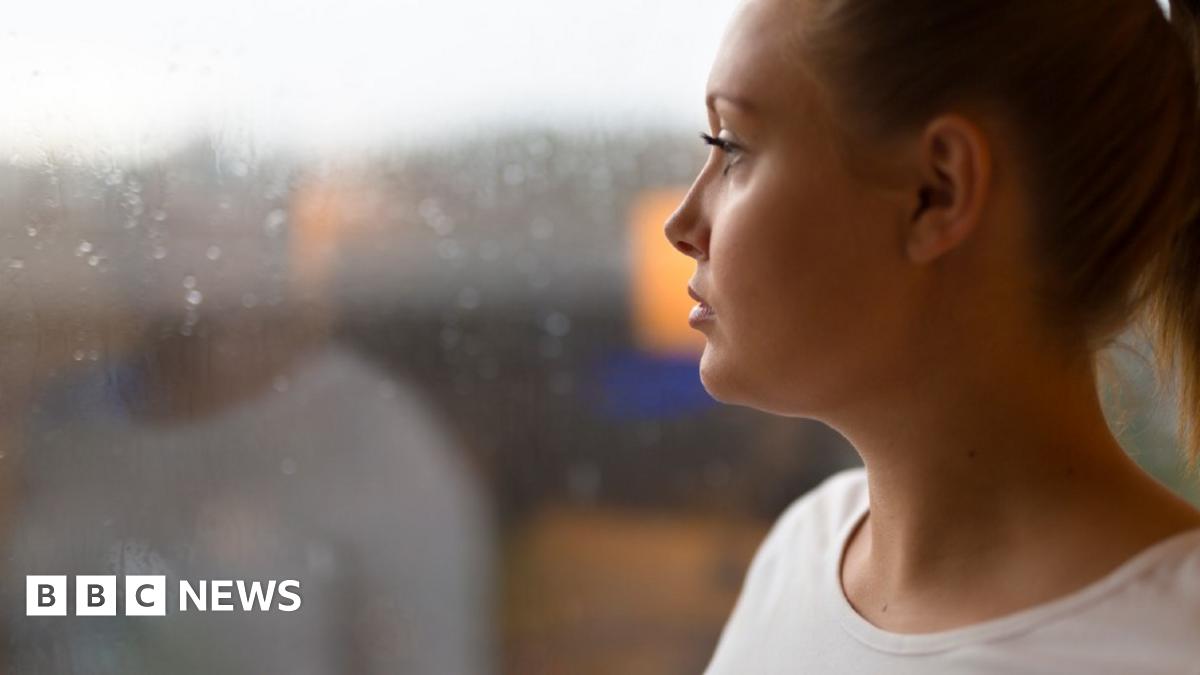The human race has never been particularly good at taking a pragmatic approach to estimating, and managing, risks.
This is a good article, which those who have an irrational fear really should be reading:

 www.bbc.co.uk
www.bbc.co.uk
I am certain that biggest risk to the vast majority of the population is it's not the virus itself, but the potential effects of people taking poor decisions based on irrational fear (from decisions made at a high level e.g. by Governments, through to decisions made by individuals).
This is a good article, which those who have an irrational fear really should be reading:

Coronavirus: How scared should we be?
As lockdown restrictions begin to be eased across the UK, understanding risk will be crucial.
Some have argued restrictions need to continue until safety can be guaranteed. But those arguments generally ignore the fact that continuing to do so carries risk in itself.
UK chief medical adviser Prof Chris Witty often describes these as the "indirect costs" of the pandemic. They include everything from poor access to healthcare for other conditions through to rises in mental illness, financial hardship and damage to education.
So as restrictions ease, society and individuals themselves are going to have to make decisions based on balancing competing sets of risks.
Statistician Prof Sir David Spiegelhalter, an expert in risk from Cambridge University and government adviser, says it has, in effect, become a game of "risk management" - and because of that we need to get a handle on the magnitude of risk we face. ...
I am certain that biggest risk to the vast majority of the population is it's not the virus itself, but the potential effects of people taking poor decisions based on irrational fear (from decisions made at a high level e.g. by Governments, through to decisions made by individuals).

